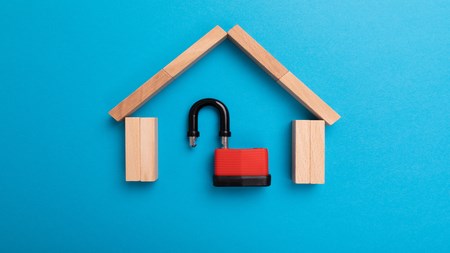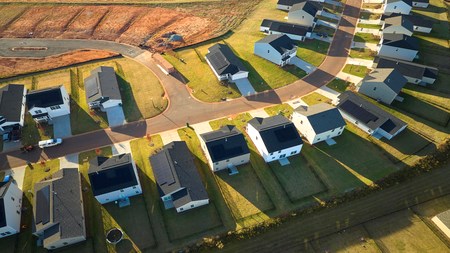The push to lower municipal power bills has lead homeowners to look at alternative sources of energy. Liquefied Petroleum Gas (LPG) is a practical, cost-effective solution to our energy conundrum as it can be used for cooking, heating, refrigeration and lighting.
LPG owes it’s usefulness in the home to its volume: as a liquid it occupies roughly 270 times less volume than as a gas. The result is that a gas bottle can serve a number of domestic functions without being too obtrusive or need regular re-fills. LPG is easy to store and transport and though basic safety regulations need to be adhered to, LPG tanks require little maintenance.
One of the primary uses for gas is cooking and in the kitchen it has a major advantage over stoves. While you would wait for ages for an element to heat a stove, gas cookers burn hot almost immediately, saving you time and money. Consumers are fortunate in that there are many brands of gas stoves and cookers available, ranging from the state of the art systems to portable braais.
Gas heaters are also big savers. They get hot instantly, there are portable, indoor and outdoor models, and are far more energy efficient than electrical heaters. LPG can also be used to heat water. Water heaters provide a constant flow of warm water and are more economical than regular geysers, once again due to the fact that there is little time wasted for an electrical element to heat up. Most gas geyser systems operate with an igniter that ignites when you open the hot water tap. When the hot tap is closed, the geyser automatically stops heating.
With gas there are a few safety hints you should be aware of:
• LPG vapour is heavier than air. Gas that leaks will accumulate in low-lying areas.
• Combustible material should not be stored near tanks. Your cylinders should be kept in a well ventilated area that has no diect sunlight. Do not store your cylinder not basement or cellar (see point above).
• LPG is non-toxic though it can suffocate as it has an anaesthetic effect.
• The rubbers, hoses and pipes used to run gas throughout your household will deteriorate over time. Keep an eye on their decay. You can test for leaks by applying a soap solution to tubes or hoses. A bubbling will indicate a leak. Do not use an open flame to test for leaks!
• Pressure regulators are designed to work with specific gasses. Ensure that you have matched your regulator with the correct gas.
For further information on LPG products and safety visit http://www.easigas.co.za or



